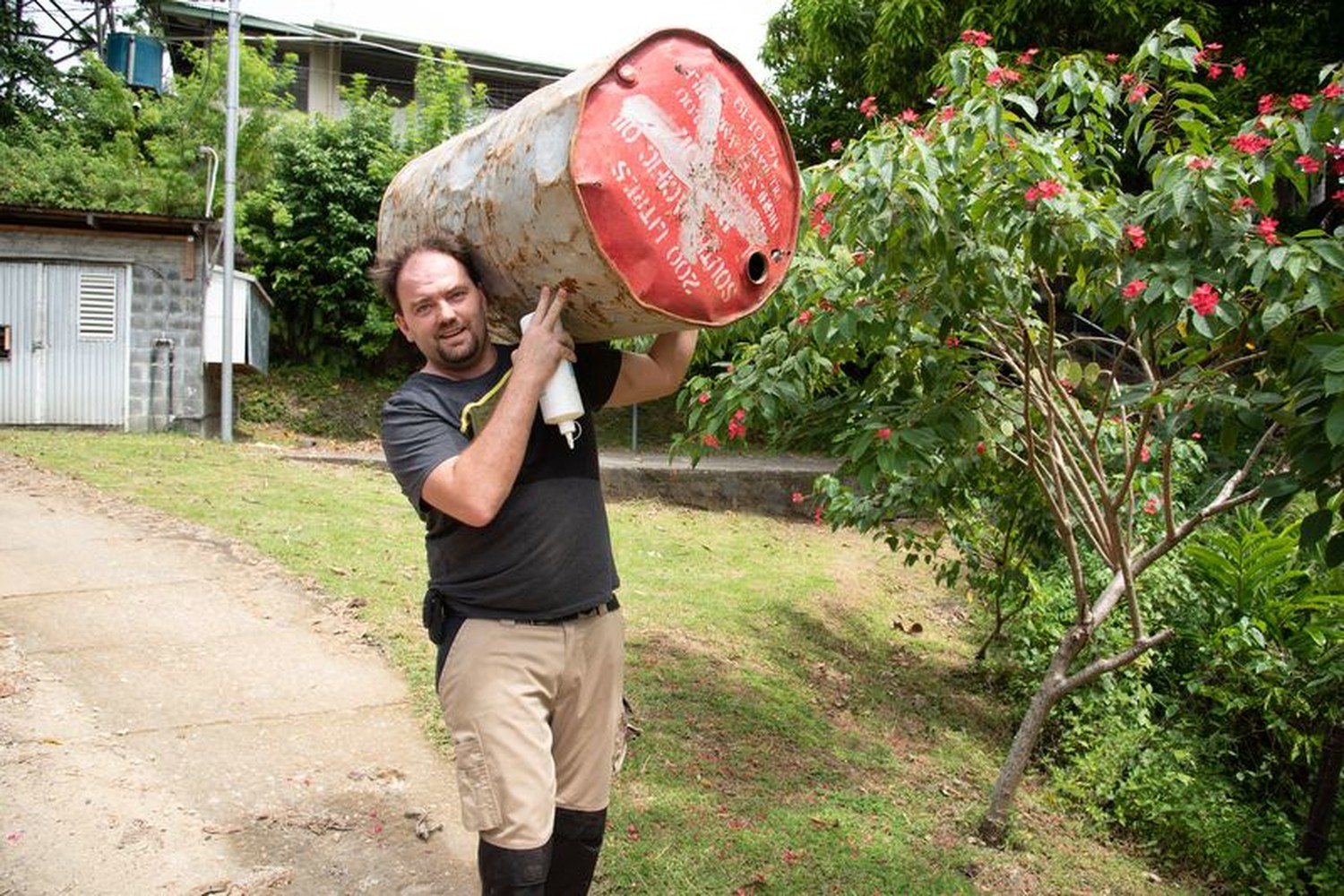In Bible translation, we like to talk
about our goal as a moonshot. It’s a massive undertaking, just as landing on
the moon was back in the 1960s. This once-impossible goal requires thousands of
people labouring in the background, coming up with small-scale solutions to
individual challenges that roll up into a successful mission. A weakness at any
point can be catastrophic.
Fifty years ago, astronauts Neil Armstrong, Michael Collins and Buzz Aldrin recognized this. In the months before their spaceflight, they toured the plants to talk to the men and women who were building components to help send them to the moon. Neil looked them in the eye, thanked them and pointed out that if they didn’t tighten that bolt just right, it would cost him his life.
As some of our readers can vividly remember, on July 20, 1969, he stepped onto the moon’s dusty surface. When he did, men and women in plants across the U.S. celebrated as if they were the ones taking that step.
It could have been quite different. I can vividly recall another moment in the history of space flight. On the morning of Jan. 28, 1986, seven astronauts rode out to the launchpad at Kennedy Space Center and made their awkward walk to the space shuttle. In their space suits, they couldn’t feel the unusually cold temperature, but they could certainly see the icicles dangling from the metal railings on the catwalk.
They climbed into their well-travelled space vehicle, Challenger, which was bolted to an enormous fuel tank and two solid rocket boosters. These rocket boosters were an iconic mainstay of the space shuttle, and they had always proven reliable. They were built in segments, each sealed with double O-rings—rubber gaskets designed to withstand the hot, high-pressure gases produced by the burning propellant inside. Just like every part on the space shuttle, these O-rings were tested in every way—except one. There was no data to determine if they would seal properly in cold weather. They were launching in Florida after all. It didn’t seem important to test for cold.
That night the air temperature dropped to -3 C. Seventy-three seconds after launch, Challenger exploded when a stiff O-ring failed.
In the Bible translation movement, every role matters. Whether you are:
· Doing translation, language development or literacy;
· Serving in a support role such as an administrator, professor, language software developer or HR specialist;
· A volunteer, intercessor, church leader or donor;
we all have an opportunity and a responsibility. God has given our generation an ambitious, mind-blowing challenge: to end Bible poverty across this globe in our lifetime.
Our work is taking on new urgency. With six years remaining in Vision 2025, we’re working to get better data, we’re inspiring new prayer movements and we’re aligning efforts with partners in pursuit of our common goal: engaging in Bible translation with every language that still needs it. We’re anticipating and addressing bottlenecks, but above all, we recognize this is a spiritual battle with eternal stakes.
I wish I could look you in the eye, thank you for your part and warn you that the next years aren’t going to be easy. These are going to be the most joyous years of Bible translation, and also the most challenging. But it will all be so worth it. Together, we’re going to celebrate every step forward, every victory, every Scripture launch, every completion. Standing on the shoulders of the generations who laboured before us, we’ll praise and thank our great God, who does the impossible.
